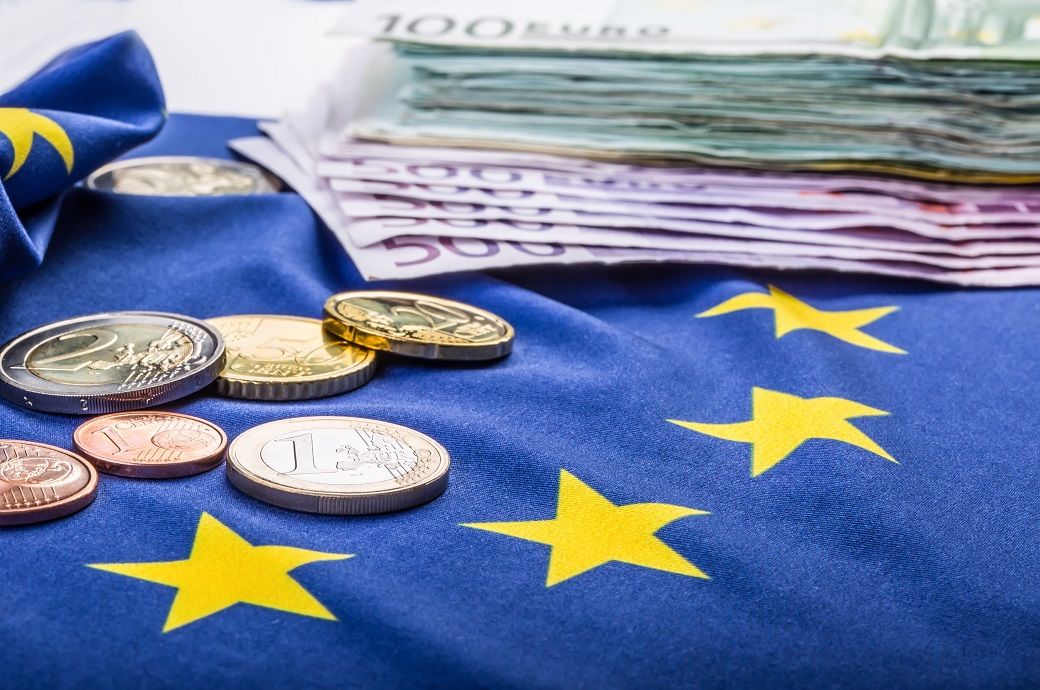
The EU economy is anticipated to grow at a lesser pace of 0.8 per cent in 2023, a dip from 1 per cent as predicted in the Spring Forecast. A similar trend is noted in the euro area with the economic growth forecast slashed to 0.8 per cent for 2023 from an initial 1.1 per cent. However, both regions are projected to witness a slight improvement in 2024 with growth rates of 1.4 per cent and 1.3 per cent in the EU and the euro area respectively, according to the report.
Inflation is set to showcase a downward trajectory, with the Harmonised Index of Consumer Prices (HICP) inflation expected to reach 6.5 per cent and 3.2 per cent in 2023 and 2024 in the EU, while in the euro area it is predicted to be 5.6 per cent and 2.9 per cent respectively.
The economic activity in the EU has seen a dampening in the first half of 2023, following a series of formidable shocks endured by the region. A slowdown in the domestic demand owing to high consumer prices has notably impacted consumption, despite a strong labour market and dropping energy prices. The monetary policy tightening has shown its effect, evident from the reduced provision of bank credit to the economy.
Despite a solid tourism season, the economic indicators project a deceleration in the industry sector and a loss of momentum in services in the upcoming months. The global economy, except for China, has exhibited better resilience, yet it offers little support to bolster the EU's external demand.
Energy prices will continue to decrease albeit at a slower pace in 2023 and might face a slight increase in 2024 due to surging oil prices. Although service inflation has remained more persistent, it is anticipated to moderate as demand softens, coupled with the impact of monetary policy tightening, the report noted.
Geopolitical tensions, including Russia's ongoing war against Ukraine, pose serious threats and uncertainties to the economic landscape. Moreover, the global climate crisis exemplified by extreme weather conditions and natural disasters in the summer aggravates the risks involved.
The report emphasised the precarious nature of the present economic climate, with mounting pressures from different fronts creating a complex scenario for policymaking. The EU expects a subdued but steady recovery, with emphasis on the robust labour market and lowering inflation helping to restore real incomes gradually over the forecast period.
“The EU economy has suffered two massive shocks with the pandemic and Russia’s unprovoked war in Ukraine. The very high inflation rate has taken its toll, although it is now receding. After a period of weakness, growth is expected to rebound mildly next year, underpinned by a strong labour market, record low unemployment and easing price pressures. While our economy remains on a path of growth, uncertainty remains high and we need to monitor risks closely. The implementation of reforms and investments under our Recovery and Resilience Facility remains central to keeping the EU economy on the right track,” said Valdis Dombrovskis, executive vice-president for an Economy that Works for People.
Fibre2Fashion News Desk (KD)